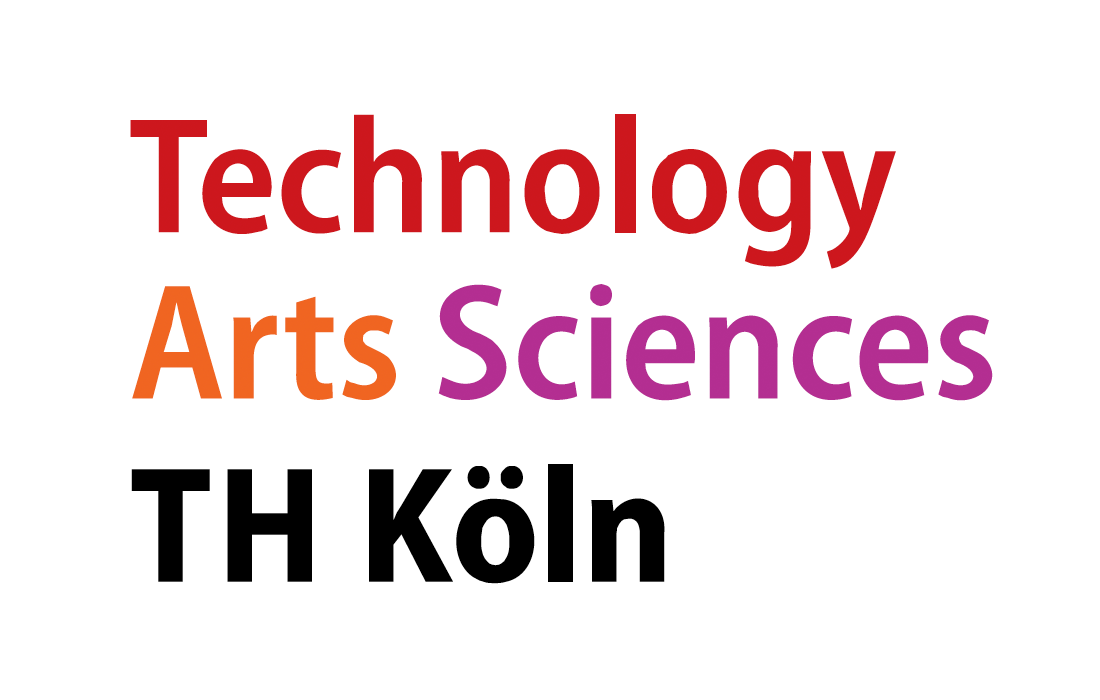Mapping to Focus Areas
Below, you find the module's mapping to the study program's focus areas. This is done as a contribution to all relevant focus areas (in ECTS, and content-wise). This is also relevant for setting the module in relation to other modules, and tells to what extent the module might be part of other study programs.
| Focus Area |
ECTS (prop.) |
Module Contribution to Focus Area |
| Empowering Business |
2 |
Deutsch: Die interdisziplinäre Ausgestaltung des Moduls befähigt die Studierenden, Ideen für neuartige digitale Dienste in verschiedenen Unternehmensbereichen und vor unerschiedlichen Anwendungshintergründen (z.B. Unternehmensgründung, internationale Zusammenarbeit) zu entwickeln.
English: The interdisciplinary design of the module enables students to develop ideas for novel digital services in different business areas, with regard to different application backgrounds (e.g., business start-up, international cooperation).
|
| Acting Responsibly |
2 |
Deutsch: Das Modul zielt auf die Auswirkungen von digitalen Technologien auf individuelle sowie soziotechnische Kontexte ab. Insbesondere die Berücksichtigung der Haltungen und Vorstellungen von IT Noviz*innen findet Berücksichtigung.
English: The module aims at the impact of digital technologies on individual as well as socio-technical contexts. Particular attention is paid to the attitudes and ideas of IT novices.
|
| Designing Innovations and Products |
1 |
Deutsch: Durch die Reflexion der weitreichenden Veränderungsprozesse durch kontinuierliche digitale
Transformation trägt das Modul dazu bei, dass die Studierenden sich ihrer verantwortungsvollen Rolle
bewusst werden und erkennen, wie sie ihre Kompetenzen bedarfsgerecht einsetzen können.
English: By reflecting on the far-reaching processes of change brought about by continuous digital transformation, the module helps students to become aware of their responsible role and to recognize how they can apply their skills in line with requirements.
|
| Managing and Running IT |
1 |
Deutsch: In Vorbereitung auf eine Tätigkeit als IT Verantwortliche*r werden im Modul verschiedene Kommunikationsstile und -konzepte analysiert und bewertet, so dass Diskussionen über Umsetzbarkeit, Akzeptanz, Marktfähigkeit und Wertbeitrag von Lösungen auch mit Personen ohne oder mit nur wenig IT Wissen zielführend geführt werden können.
English: In preparation for a job as an IT manager, the module analyzes and evaluates different communication styles and concepts so that discussions about feasibility, acceptance, marketability and value contribution of solutions can be conducted in a target-oriented manner, even with people with little or no IT knowledge.
|
Learning Outcome
Students will be able to
- explain individual differences in the acceptance and adaptation of IT,
- analyze and evaluate current problem areas in the implementation of digital solutions at the organizational level
- and anticipate future challenges at the employee, leadership and organizational levels,
by
- learning about and being able to apply relevant constructs and theories of personality and organizational psychology,
- critically reflecting on current IT solutions and implementation processes and developing better solution outlines,
where necessary and possible,
- and plan communication concepts how to convince stakeholders of the benefits of their solutions,
so that in their later work they can
- anticipate the impact of digital transformation on job satisfaction, motivation and leadership in modern working
environments
- and thus be able to consider the acceptance and adaptation of products, systems and processes already during the
development of solutions and also in implementation processes.
- Furthermore, after successful completion of the module, students will also be able to evaluate challenges of
modern human resource management (HRM) and develop corresponding efficient, but also sustainable solutions and
present them in a target group-oriented manner.
Module Content
- Selected topics in personality psychology and industrial and organizational psychology
- Current challenges of HRM in SMEs and corporations
Input on psychological contents with exercises, practice-oriented (interlinked) workshops on the
above-mentioned contents exchange with external experts.
Learning Material Provided by Lecturer
- handouts
- instructional films
- sample projects
- etc.
Literature
- Bühner, M. (2021). Einführung in die Test- und Fragebogenkonstruktion (4. Auflage). Pearson.
- Nerdinger, F.W., Blickle, G. & Schaper, N. (2019) Arbeits- und Organisationspsychologie (4. Auflage). Springer.
- Röhner, J. & Schütz, A. (2020). Psychologie der Kommunikation. Springer.
